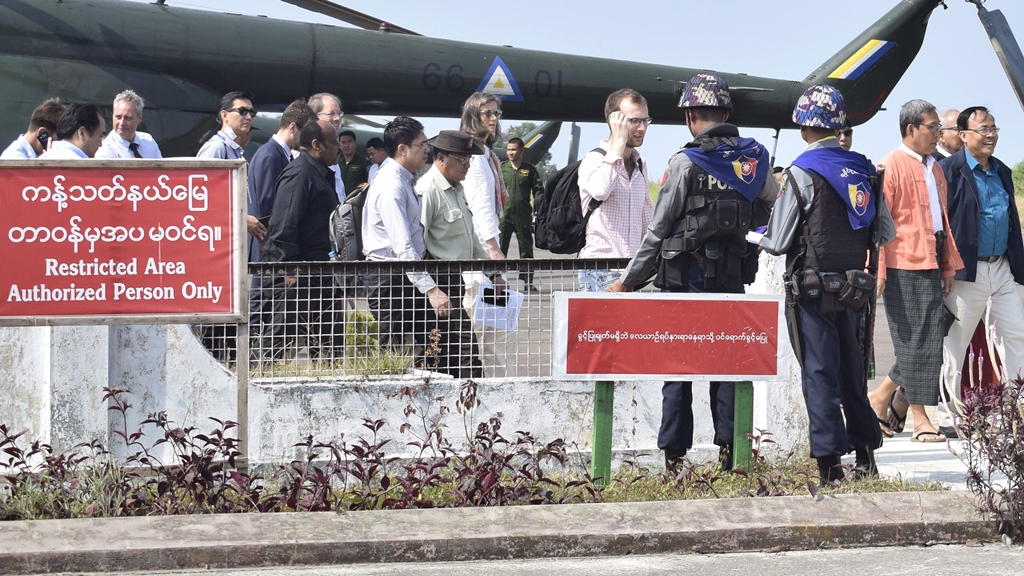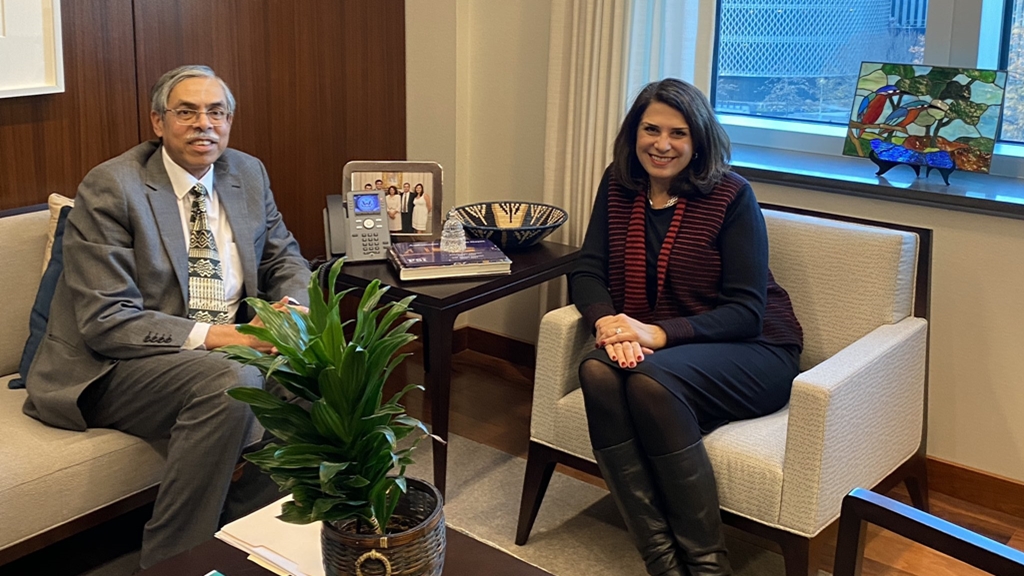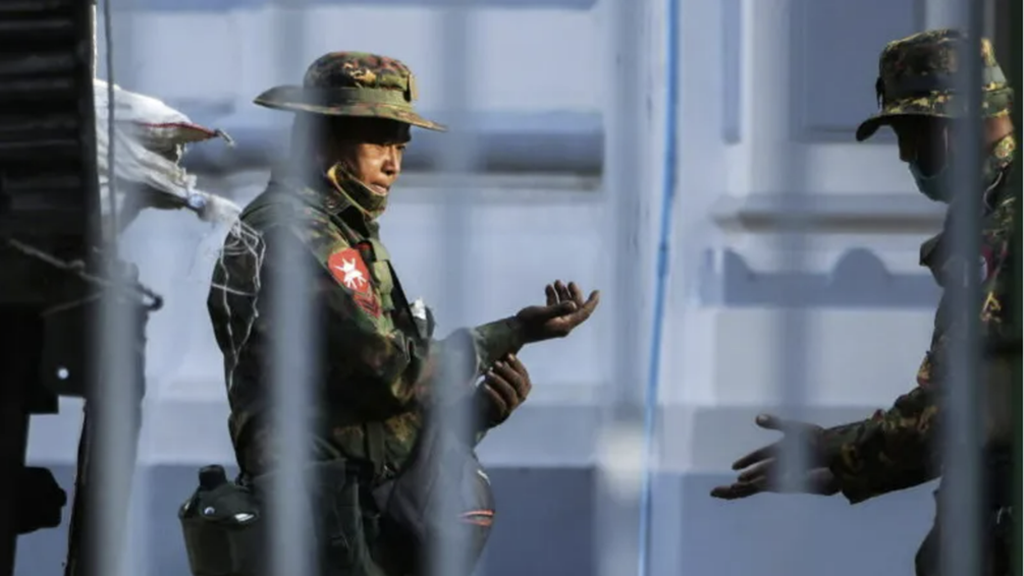
The Rohingya Genocide and the ICJ: The Role of the International Community
- 29/07/2020
- 0
By Nadira Kourt, Just Security
When it comes to Myanmar, and the plight of its Rohingya people in particular, the international community has consistently failed to adequately respond when faced with serious risks, or even the actual commission of, mass atrocities.
The words “prevention” and “never again” ring hollow when the world’s most powerful, including the United Nations Security Council, did little as a genocide against the Rohingya was unfolding in Myanmar’s Rakhine State. Most governments simply failed to act when action to prevent escalation and respond to atrocities was most needed. The only formal response of the Security Council to the genocide against the Rohingya was the adoption of a November 2017 Presidential Statement – three months after the start of the Myanmar military’s abusive “clearance operations.” Individual governments, meanwhile, were slow to impose sanctions and withdraw support for Myanmar’s military, if they did so at all.
State parties to the Genocide Convention were also silent, even after the U.N. Human Rights Council-mandated Independent International Fact-Finding Mission issued a 2018 report finding “reasonable grounds to conclude” that Myanmar’s military had committed acts of genocide against the Rohingya, along with other atrocity crimes. While many countries privately recognized that the path to state responsibility for the Rohingya genocide was a lawsuit away, the lack of political courage and the prospect of upsetting an important trading partner – China – meant that no nation dared to initiate legal action at the International Court of Justice (ICJ) for more than two years since 2017’s escalation of state violence against the Rohingya.
Ultimately, it was the smallest country in mainland Africa – Gambia – that filed a case at the ICJ in November 2019. Gambia accused Myanmar of violating the Genocide Convention and requested the Court to issue provisional measures in order “to protect against further, irreparable harm to the rights of the Rohingya group,” in its application. Two months later, the ICJ ordered Myanmar to prevent genocidal acts generally, to specifically ensure military and police forces do not commit genocidal acts, to preserve all evidence of genocidal acts, and to report back to the court on compliance with these measures.
The first required report was submitted by Myanmar to the ICJ on May 23. The report was not made public and was not shared privately with outside parties, including the Security Council. While the ICJ is not required to share the report, it is at least an option for Security Council members to make such a request – collectively or individually – to the ICJ. Importantly, 13 of the 15 current members of the Security Council are also parties to the Genocide Convention, and therefore have dual obligations to prevent and punish acts of genocide committed against the Rohingya. Examining the first report submitted in May and the subsequent reports due every six months, would allow Council members to monitor compliance with the provisional measures and ensure that Myanmar is doing everything in its power to protect the Rohingya.
The cost of simply waiting for the final judgement is too high. Impunity for atrocities in Myanmar emboldens the military to continue attacks on Rohingya and other minority ethnic groups with no repercussions. In late June, Myanmar’s military once again announced “clearance operations,” a euphemism for a lawless campaign of violence and terror against anyone in the way of crushing an insurgency and an excuse to suppress non-Bamar (the dominant majority ethnic group) populations.
The military’s most recent clearance operations were imposed against the Arakan Army, an armed group primarily associated with the ethnic Rakhine population, but which, in its own words is “compris[ed of] all inhabitants in Arakan [it’s preferred term for Myanmar’s Rakhine state] irrespective of religion, race, ethnicity, minority or majority.” The affected Kyauktan area within Rakhine state is home to an estimated 40,000 people, and includes populations from Rakhine, Rohingya and other ethnic minority communities. The latest operations not only put tens of thousands of civilians from various ethnic groups at risk of atrocities, but potentially defy the provisional measures order issued by the ICJ.
The Commander-in-Chief of the Myanmar Armed Forces, Min Aung Hlaing, had previously said that “the Bengali [a derogatory term for the Rohingya] problem was a long-standing one which has become an unfinished job.” Who is to say the military won’t use the chaos of the new operations to crack down on the remaining Rohingya civilians? Thousands of civilians have already fled amid reports of daily shelling, burning of homes and arrests of villagers.
All parties to the Genocide Convention have international legal obligations to take action to prevent and punish genocide wherever it occurs. They can make legal interventions to promote their interpretation of the Genocide Convention in Gambia vs. Myanmar, provide various forms of assistance to Gambia in litigating the case, or at a minimum, issue public statements of support for the case.
Ultimately, it’s not a purely legal question, it’s a political decision. Will states, and the Security Council in particular, continue their business as usual while Myanmar fails to address its institutionalized discrimination against the Rohingya while terrorizing other ethnic populations? Will the international community allow Myanmar to disenfranchise the Rohingya in the national election set for November 8? How long will the Rohingya have to remain in Bangladesh and risk their lives to flee to other countries in the region without the international community realizing that the root causes of genocide are still in place?
Gambia’s former Minister of Justice, Abubacarr Tambadou, who previously worked as a prosecutor at the International Criminal Tribunal for Rwanda, said that what happened to the Rohingya, was “just like Rwanda.” His country spearheaded the case at the ICJ to hold Myanmar responsible and ensure protection for the Rohingya going forward. It is now up to wider international community to make sure that Myanmar’s compliance with the provisional measures translates into tangible changes that improve the lives of the Rohingya in Myanmar and allow for a safe return of refugees to their homeland, where human rights of all people would be respected and protected.
(Editors Note: This article is part of a special Just Security forum on the ongoing Gambia v. Myanmar litigation at the International Court of Justice and ways forward.)







